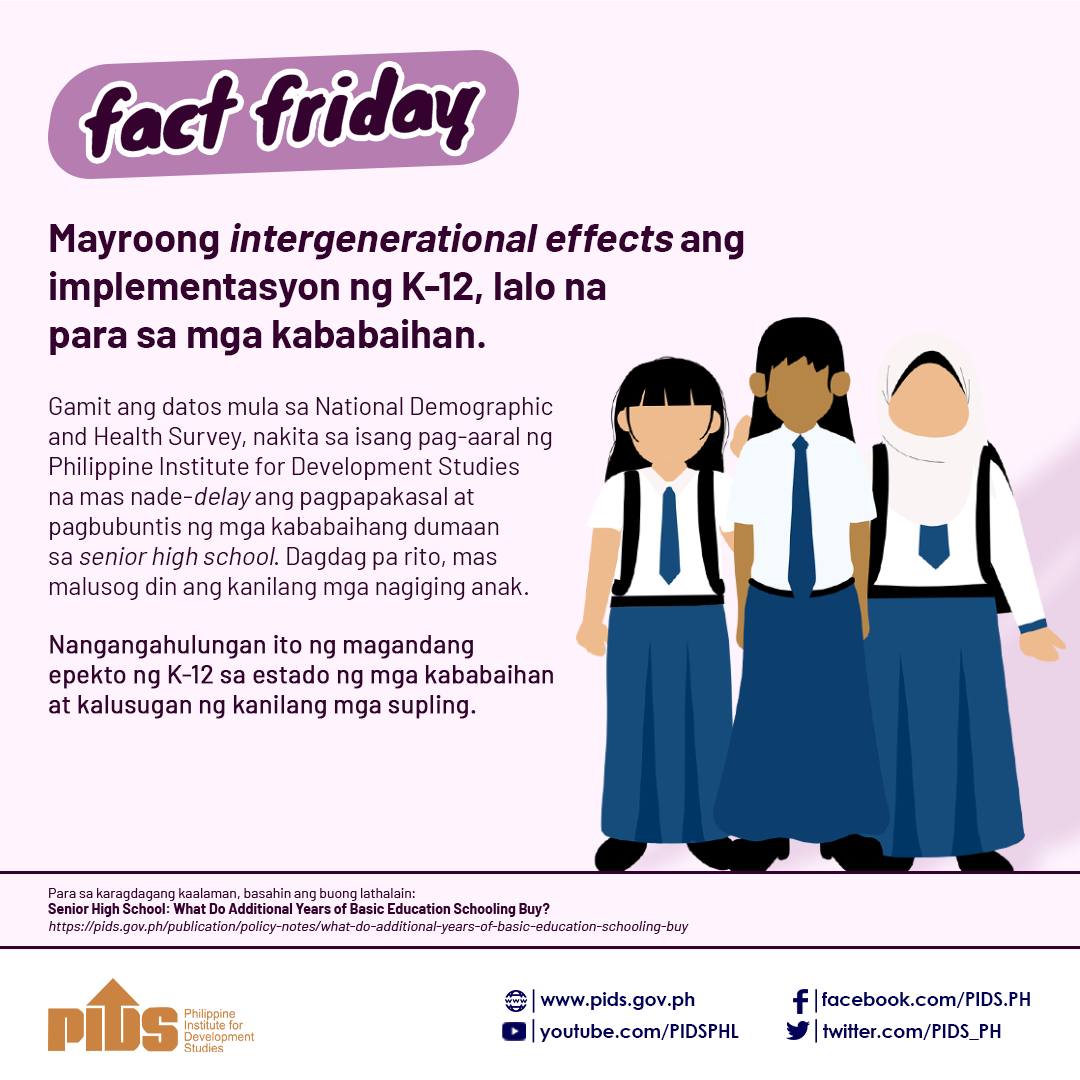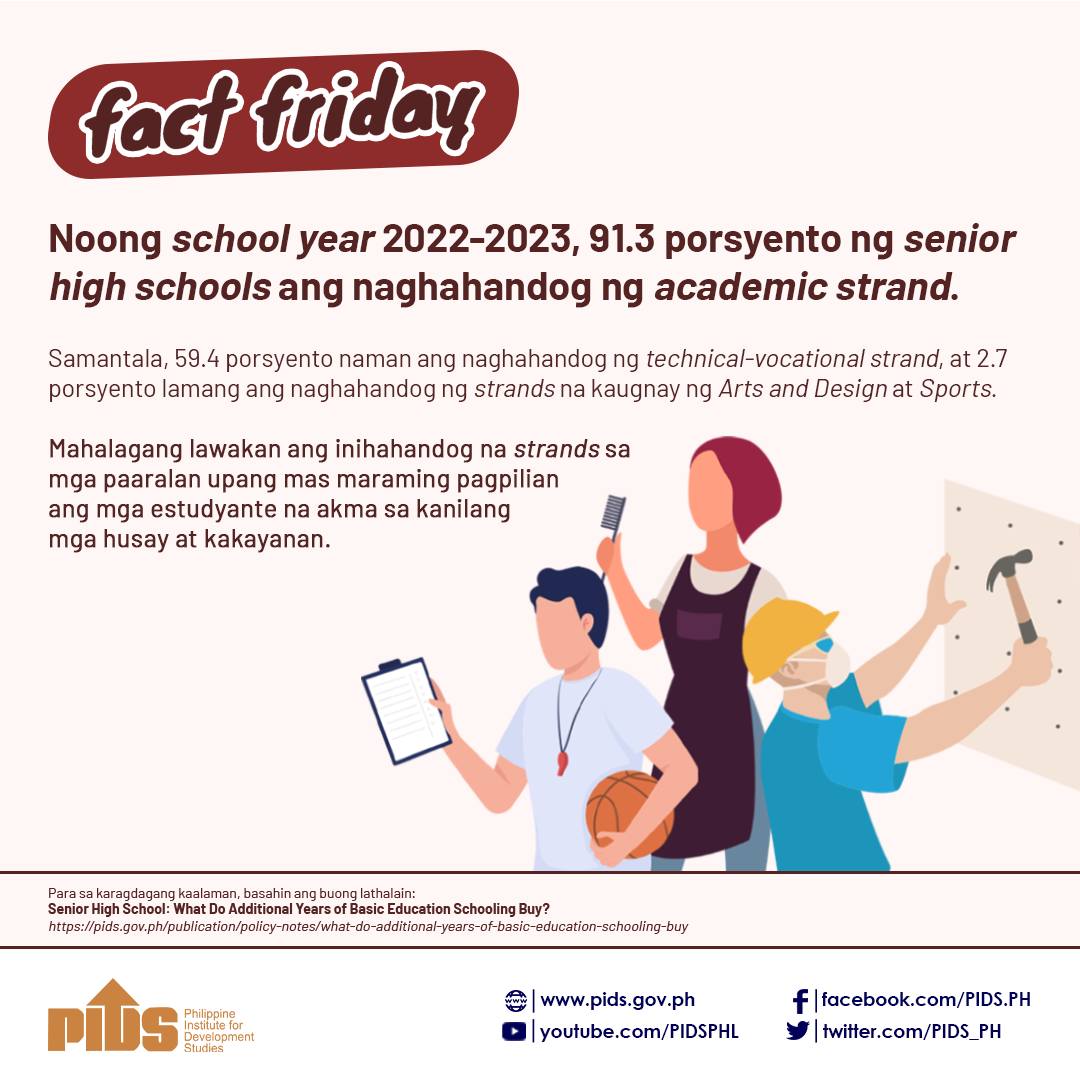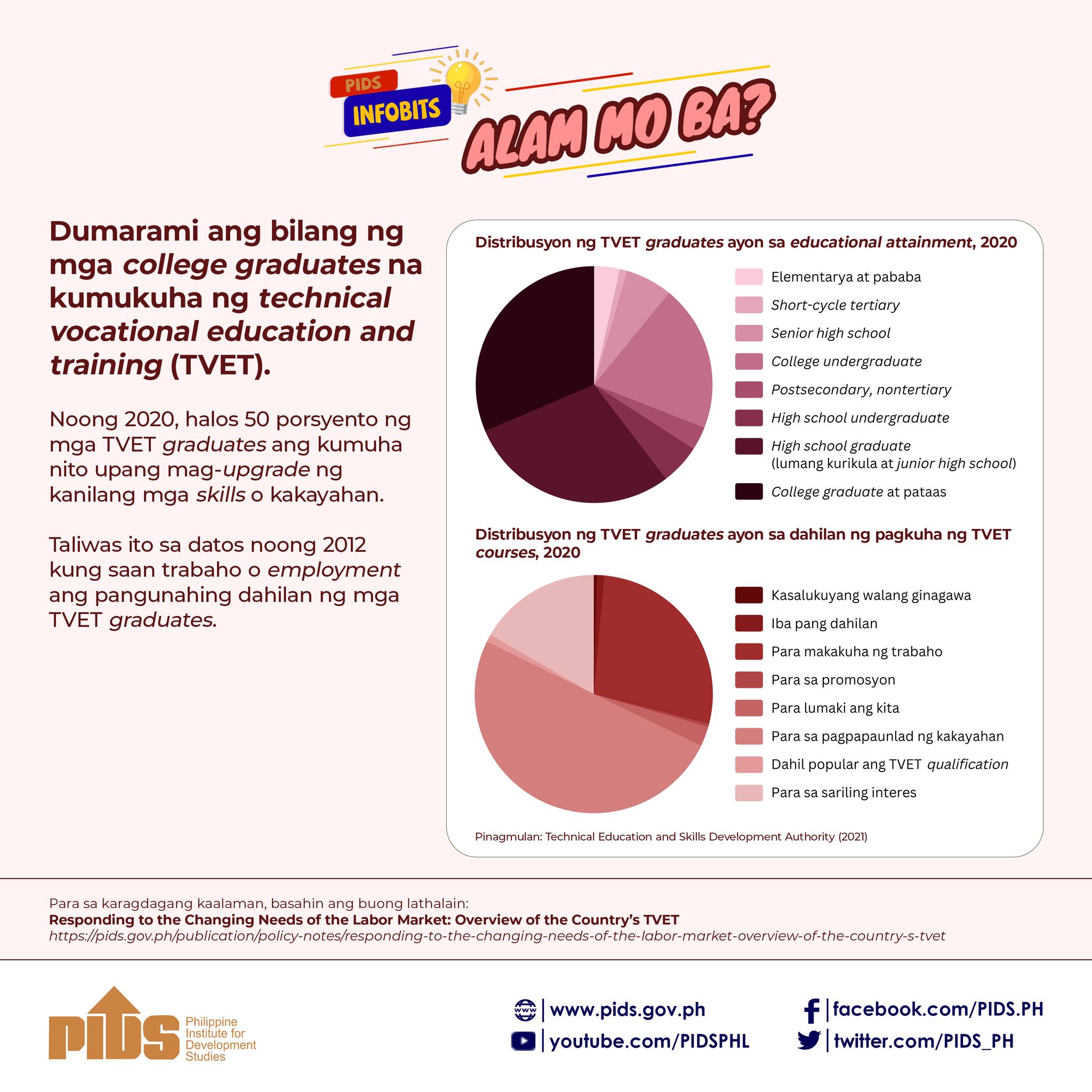ALBAY, Philippines – A school head in this province has called on employers to give senior high school (SHS) students a chance by looking into their skills and competence instead of outrightly rejecting their job applications.
Naga National High School (NNHS) assistant principal for SHS Merly Crucillo made the call as she responded to questions about the employability of SHS graduates in Bicol, where the unemployment rate rose to 4.9% (122,535) in 2018 from 4.6% (110,408) in 2017.
“Give these students a chance by looking at their outputs, competencies, and skills developed under this program,” Crucillo said.
NNHS, which is located in Tiwi town, offers academic and technical-vocational livelihood tracks. There are 4 exit options – employment, entrepreneurship, middle-level skills, and higher education.
This August, NNHS teachers will track the exit options of their SHS graduates.
Crucillo hoped that more employers would take the path of their school's job immersion partners in Albay, Laguna, and Cavite which eventually absorbed students who had their immersion with them.
Take the case of Harold Esperanza who was absorbed by GCS Enterprise – where he had his work immersion as a technician – right after his graduation from NNHS.
Esperanza said his boss found him and his classmate industrious and easy to work with during their internship.
Another is Christian Estiller, who got a job at a call center in Manila. Estiller was bent on working right after senior high school, and prepared for the possibility of rejection, so he researched on companies that woud hire senior high school graduates. He also attended seminars and training that would help him get a job
Estiller said his Humanities and Social Science Track helped him at work to communicate, be creative, make decisions, and manage his emotions.
David Joshua Arevalo, who graduated at Malinao National High School, also got a job after graduation as a home-based ESL teacher. His goal, he said, was to work at a call center after graduation.
His teacher referred him and two others to their employer, who let them use his workspace, complete with equipment, for a portion of their pay.
For Arevalo, SHS helped him know what and what not to pursue. Computer programming was his track in SHS, and he got a national certificate for CSS. However, he found it stressful – while he also enjoyed encoding, he didn’t want to pursue it as a career.
Arevalo will be a freshman AB Communication student at Bicol University in August, but he would not set aside the skills he learned in SHS, which allowed him to help repair broken computer at their church. He also planned to continue learning through online tutorials.
Raising awareness, gov't support
A recent study of the Philippine Institute for Development Studies on SHS students’ readiness for employment and if firms were ready take them enumerated issues and recommendations for improving the implementation of the program.
One of the findings is that there should be an enhanced information campaign among employers about the SHS program.
Crucillo said this important, especially on raising awareness on the competencies taught in SHS. She also supported a longer work immersion which is currently only at 80 hours, and for government agencies and firms to adjust their hiring policies.
Johana Gasga, an information officer at the Department of Labor and Employment-Bicol, cited the importance of stronger partnerships with the business sector, as pushed by the Department of Education.
“If convergence efforts among government agencies can be strengthened, we could help more beneficiaries in addressing unemployment and, of course, poverty,” Gasga added.
Last year, the Philippine Business for Education called on more companies to offer internships to SHS students so that employers themselves can become familiar with the students' skills. – Rappler.com












